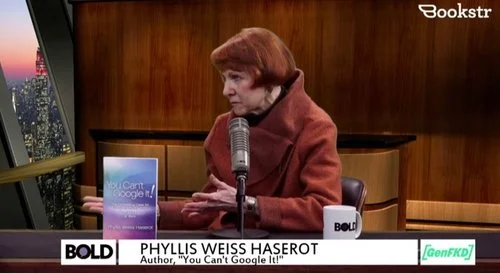Trust & Empathy
/Here’s a fictional but inspiring example of the value of the empathy emotion: The 2016 science fiction film Arrival brings us the story of a heroine who uses no weapons or other devices to save the world. She accomplishes it with the low-tech but complex technique we all learned from an early age—talking. The central character is a linguist, Louise Banks, played by Amy Adams, whom the U.S. military recruits to communicate with aliens who have landed on Earth for some undetermined purpose, and in doing so to stop the nations of our world from going to war with them.
Louise is able to decipher fairly quickly some of the aliens’ written symbols, but their spoken language has no relation to any spoken language on Earth. The alien language depends on a nonlinear perception of time, and she needs to experience time the way the aliens do, requiring an extreme degree of empathy and emotional strength to see the future— both the good and the bad.
Spoiler: She manages to communicate with people who don’t understand each other. Leading by listening, learning, and talking, she is able to communicate the right message to the right person—achieving resolution without a single shot fired.
Empathy and emotional agility are typically viewed as feminine characteristics, and not considered heroic—until Arrival. While it is unlikely that in the foreseeable future any of us will be thrust into a situation of communicating with aliens, most of us at some time or other are confronted with challenging interactions in business and personal life that require a high degree of empathy, emotional fortitude, and resilience to establish a trusting relationship. Maybe Louise Banks can be an inspiration for what that can accomplish.


